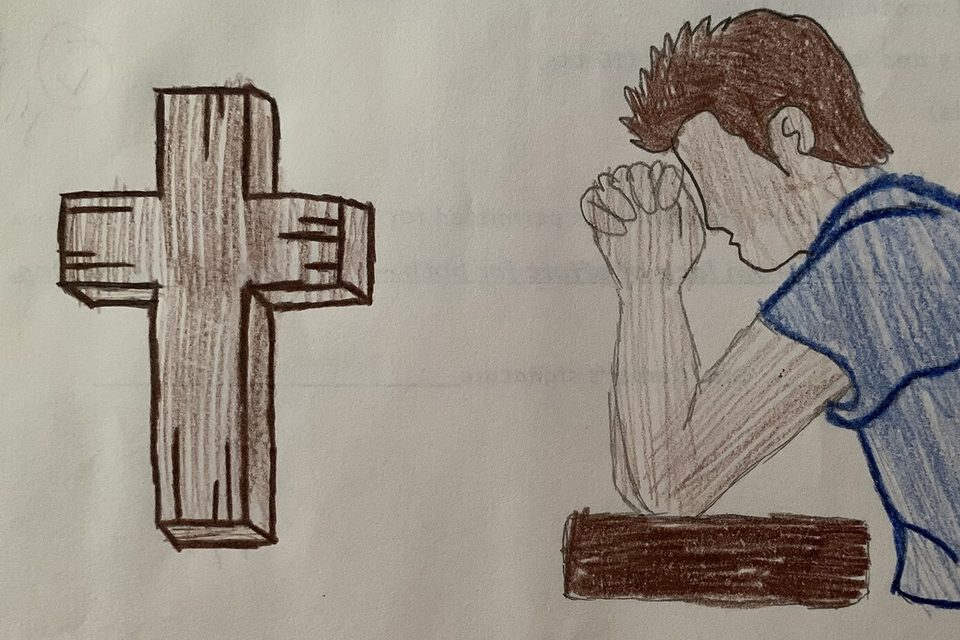(This is the “What I Have Seen and Heard” column for March 2021 by Cardinal Wilton Gregory, the archbishop of Washington.)
A number of recent widely publicized interviews with people have confirmed for me that our fervent desire to begin traveling again as soon as the vaccines render such trips safe is strengthening. These conversations have provided me a sense that our human wanderlust has not been destroyed by COVID-19.
One person who clearly has not lost his yearning to travel is Pope Francis, who began a long-desired trip to Iraq on March 5. Pope Saint John Paul II was never able to visit this country, although he openly told the world of his longing to visit the Iraqi people. The chaos that is so much a part of the Middle East has been an obstacle that Pope Francis has chosen to mitigate. There are still significant perils to be sure, including the impact of the waning global pandemic that continues to make large public assemblies a serious health hazard. Yet Pope Francis’s great desire to strengthen and to confirm the faith of the small Christian presence in Iraq and to bolster interfaith dialogue are the sources of his determination to visit this ancient homeland of the prophet Abraham.
There are so many aspects about life in the Middle East that we westerners do not always appreciate or understand. Religion still plays a dominant role in public life. Religious differences nonetheless are often at the very heart of disastrous violent conflicts. Every effort that the Holy Father extends to increase and bolster interfaith dialogue and interactions is a gift that our Church offers to that part of our world, and it serves as a model of how we are all called to respect and to encounter other people. Pope Francis may be visiting the Middle East, but his humble example of encounter and dialogue has much to offer us in the United States of America and other places in the world far removed from the land of Abraham.
Most people have indicated that they want to resume travel in order to visit friends and family, or to enjoy a leisurely vacation, or perhaps to restart business activities. Pope Francis wants to travel to help to establish peace and fraternity among all the Iraqi people. His journey is not for any other less significant reason. The image of this 84-year-old shepherd of souls going into a place that has experienced such recent violence should encourage us all to pray for the success of his mission. We should also take hope that even where violence has been such a frequent visitor, peace can be achieved by men and women humbly working together to foster understanding and compassion – even when there are noteworthy differences of faith, political opinions and ethnic diversity.
Pope Francis is giving the world an important example of how to overcome histories of mistrust and hatred for the sake of a peaceful future for a new generation. Some have questioned the wisdom or potential success of such an interfaith outreach for peace. Pope Saint John Paul II faced similar opposition from some Catholic Church officials and hierarchs when he invited a delegation of interfaith leaders to join him in prayer in Assisi in 1986. He was undeterred, and he forcefully went ahead with this courageous gesture.
Now Pope Francis has elevated the stakes by traveling to a part of the world that is long identified with the ancient prophets, as this modern day prophet summons the world to the task of seeking peaceful harmony. He is not naïve, but he is determined to invite all humanity to refrain from using any religion to justify hatred and violence and to seek peace together. His journey to Iraq reminds the entire world that hatred can never be the final word spoken – only the word hope. May he succeed in his efforts so that peace and friendship are given a rebirth.

Pope Francis is greeted by Ayatollah Ali al-Sistani, one of Shiite Islam's most authoritative figures, during a courtesy visit in Najaf, Iraq, March 6, 2021. (CNS photo/Grand Ayatollah Ali al-Sistani office)











